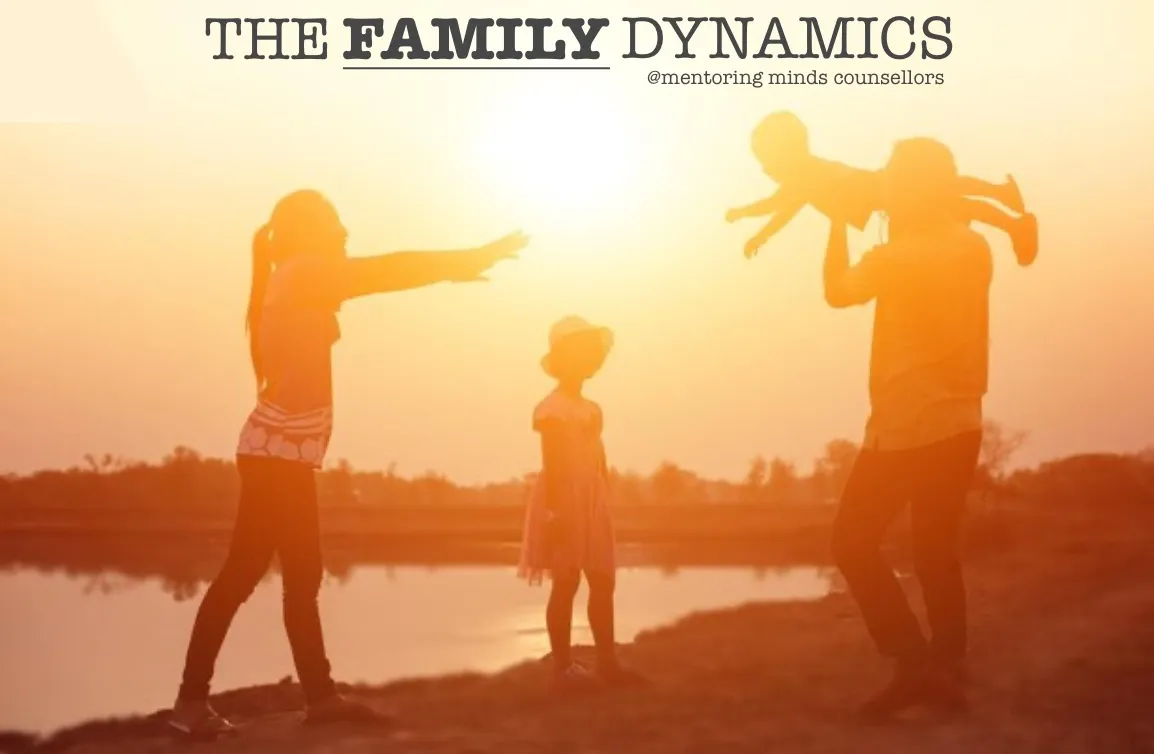Family dynamics shape who we are and how we interact with the world. They are the invisible threads that bind us together, influencing our behaviors, beliefs, and emotional well-being. Whether it’s the way we communicate, handle conflicts, or express love, family dynamics play a pivotal role in shaping us into the people we become. But what exactly are family dynamics, and how do they impact our lives?
What Are Family Dynamics?
Family dynamics refer to the patterns of interactions and relationships among the members of a family. These dynamics are affected by a variety of factors, including the family structure, cultural influences, socioeconomic status, and individual personalities. The roles each family member assumes whether it’s the nurturing mother, the protective father, the rebellious teenager, or the peacemaker sibling create a unique atmosphere that governs how the family functions on a day-to-day basis.
The Foundation of Family Dynamics: Communication
At the core of any family dynamic is communication. How family members express themselves, listen to one another, and resolve issues determines the overall health of the family unit. Open, honest communication fosters trust and understanding, while poor communication can lead to misunderstandings, resentment, and conflict.
Take, for example, a family dinner. It’s not just about eating food; it’s about exchanging stories, discussing the day, and connecting emotionally. The way a family communicates during such moments whether it’s lighthearted or tense affects how comfortable each member feels sharing their thoughts, concerns, and experiences.
Roles Within the Family
Every family member typically assumes certain roles, and these roles can be both functional and dysfunctional. These roles are not static, but they have a lasting impact on how individuals relate to each other.
- The Nurturer: Often the mother or a caregiving figure, this person provides emotional support, comfort, and love.
- The Protector: Usually the father or an older sibling, this person works to safeguard the family from harm, whether physical or emotional.
- The Peacemaker: This person tries to resolve conflicts and maintain harmony within the family.
- The Rebel: Often seen in adolescents, this individual challenges authority and may question family traditions, which can lead to friction but also personal growth.
- The Comedian: This person lightens the mood with humor, often helping ease tensions in stressful situations.
These roles evolve as children grow older, and as parents or caregivers shift responsibilities. Sometimes, however, these roles can become rigid, creating tension or imbalance. For example, if one sibling always assumes the role of the peacemaker, they may feel burdened by the constant need to maintain harmony, while others may become too reliant on them to solve conflicts.
Family Dynamics and Conflict Resolution
No family is without conflict, but the way in which conflicts are resolved speaks volumes about the health of a family. Some families are excellent at confronting issues head-on, with each person listening to the other’s perspective and finding common ground. Other families may avoid confrontation altogether, which can lead to unspoken tensions that fester over time.
The key to healthy conflict resolution is mutual respect and understanding. It’s about giving each person the space to express their feelings, acknowledging different perspectives, and working together toward a solution. Family therapy and counseling is an invaluable tool for navigating complex family dynamics and improving communication.
How Family Dynamics Shape Our Identity
The way we were raised significantly influences how we interact with others in the world. For example, someone raised in a family where emotional expression was encouraged may find it easier to form close relationships as an adult. In contrast, someone raised in a family where emotions were suppressed might struggle to open up in their personal or professional life.
Family dynamics also influence how we handle challenges. A supportive family can provide a sense of security, giving us the courage to take risks and explore new opportunities. On the other hand, a family environment filled with criticism or neglect can lead to low self-esteem, anxiety, and a fear of failure.
Changing Family Dynamics
Over time, family dynamics are constantly changing. As children grow, parents age, and life circumstances evolve, the roles within the family shift. These changes can be positive or challenging. For instance, a couple might experience a shift in their relationship dynamics once they become parents. Children grow up and move out, leaving parents to adjust to an “empty nest.” Even in times of hardship, such as a divorce or loss, family dynamics can be redefined, requiring everyone to adapt and grow.
Sometimes, this adaptation is painful, but it can also lead to greater strength and resilience. The dynamics of a family, much like a living organism, constantly evolve, and each stage offers an opportunity for growth, connection, and healing.
Conclusion: Embracing Family Dynamics
We at Mentoring Minds Counsellors believe that understanding the complexities of family dynamics is essential for fostering healthy relationships. Every family is unique, and while conflict may arise, it’s through these moments that deeper understanding and stronger bonds can emerge. The way we communicate, the roles we play, and the way we navigate challenges shape who we are as individuals and as a family unit.
Whether it’s through shared experiences, open dialogue, or simply spending time together, families are meant to be the foundation of emotional support. By acknowledging and respecting the dynamics that exist within our families, we can build stronger, more fulfilling relationships that stand the test of time.


Leave a Comment